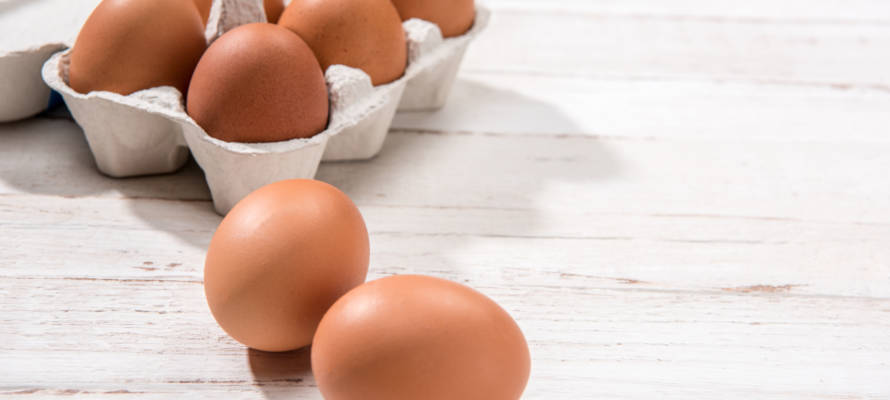I want to take this opportunity to discuss eggs. No, I don’t mean the current egg shortage in the State of Israel, I mean the egg on your Seder plate.
By Rabbi Ari Enkin, Rabbinic Director, United with Israel
As mentioned in a previous article, the egg symbolizes the “Chagiga” festival sacrifice (not to be confused with the Passover sacrifice) that was offered in the Temple. This special sacrifice was offered when visiting Jerusalem on each of the three festivals—Passover, Sukkot and Shavuot.
As Jewish tradition says, when making the pilgrimage to Jerusalem a person “was not to come empty-handed,” and hence, the Chagigah animal sacrifice was offered.
But the question is asked: Why is an egg used to symbolize the Chagiga offering?
A number of answers are offered.
An “introductory level” answer is that an egg is used because it too comes from an animal, so it is “close enough” to represent the Chagigah animal offering. So too, an egg is easy to cook, making preparation of the Seder plate that much quicker.
Another explanation is that the Aramaic word for egg is “beya” which also means to “pray” or “please.” Hence, the egg represents a silent prayer that God redeem us from the current Exile and send us the Messiah in our day just as He redeemed us from in Egypt.
In yet another interpretation, an egg is used in order to recall the destruction of the Temple. Since the Jewish people are known as “mourners of Zion” and eggs are known as “the mourner’s food” in Judaism, it is used to recall the destruction of Jerusalem. Furthermore, the fast day of Tisha B’av, which commemorates the destruction of Jerusalem, always falls out on the same day of the week as the Passover Seder, making an egg and, by extension, recalling Jerusalem, especially appropriate.
For these reasons, widespread custom is to begin the festive Seder meal by eating an egg in salt water.
It is also taught that the Egyptian religion was a vegetarian religion. They worshipped animals and animal products and therefore it was forbidden to eat such foods in Egypt. Having both meat (the “shank bone”) and eggs on the table is a resounding rejection of the Egyptian culture. On a related note, there is a teaching that the shank bone symbolizes Moses’ leadership and that the egg symbolizes Aaron.
Finally, an egg represents the future. When a chicken lays an egg, it appears as if a completed item has come into the world. But really, the egg is hiding something: additional life. Under natural conditions, an egg will hatch and produce new life, another chicken. So too, while the Exodus from Egypt and the current era might appear to be normal and complete, we must remember that the final redemption and the coming of the Messiah might just be “hiding” in your egg!
